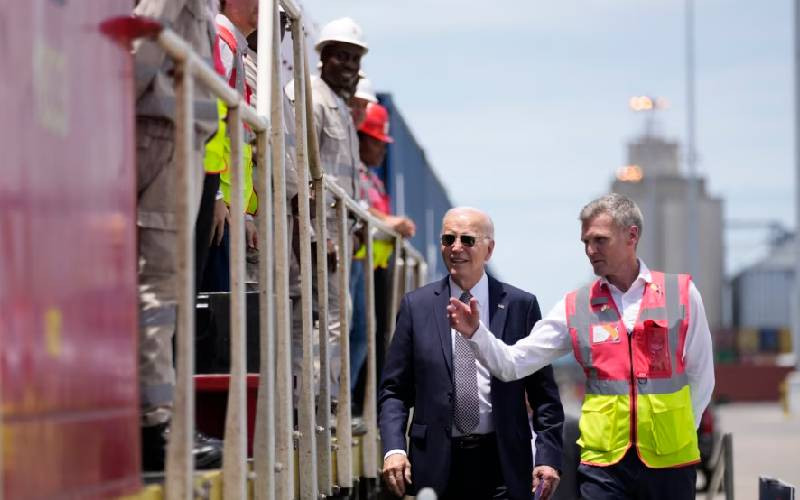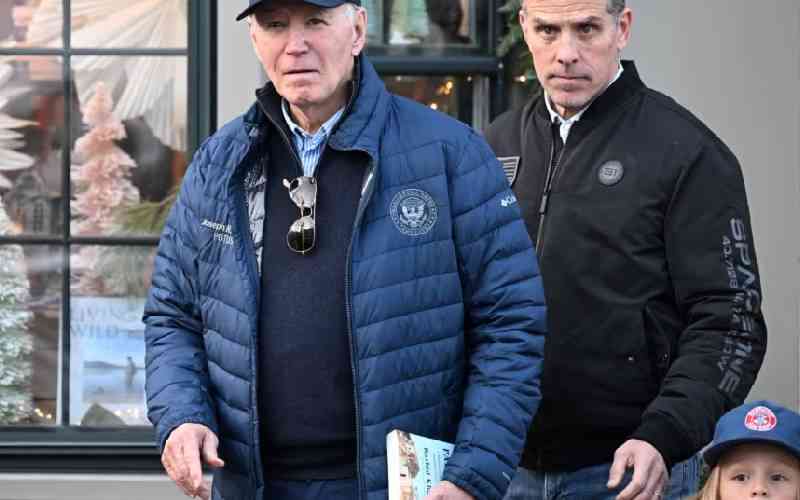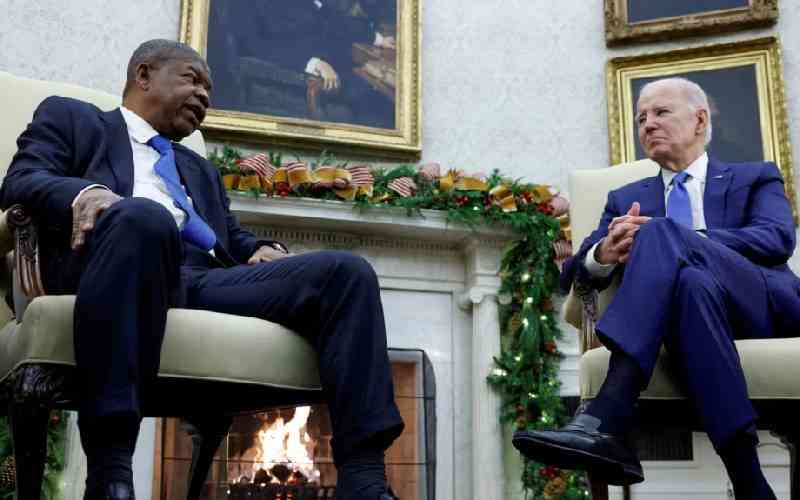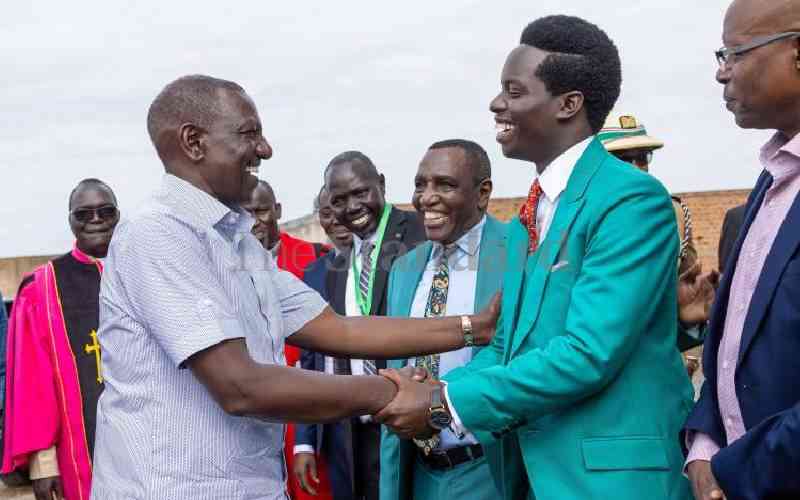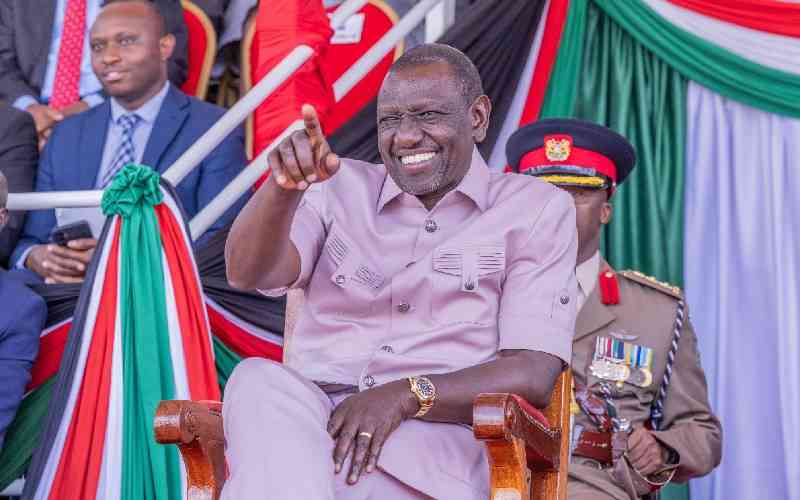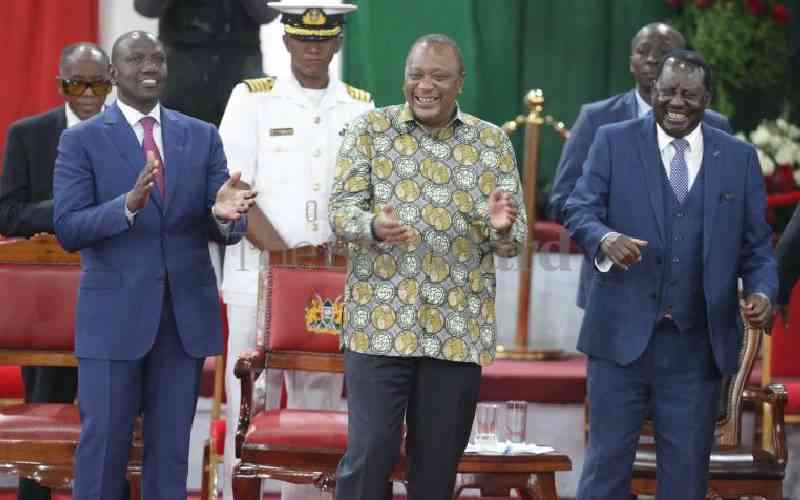
As was expected US President Barrack Obama received a rousing welcome when he visited. This is after all follows that he is highly regarded in Kenya. Without going to all the contents of his numerous presentations there were pertinent issues he raised about Kenya.
While largely acknowledging that Kenya holds a lot of promise there are known inhibitors to her progress. Key among these which he frequently either mentioned or alluded to was Corruption and tribalism. He even mentioned that corruption alone wipes around 250,000 new potential jobs in Kenya annually. In a sense without corruption Kenya could have easily tamed the runaway joblessness. Kenya is currently running a high rate of unsustainable unemployment. At the same time it is well known fact that tribalism has hindered a lot of progress politically, economically and ability to provide quality life in Kenya.
Moreover, he did mention that sustaining strong civil society and free media is critical in sustaining a functional democracy, a growing and decent economy. By body language and his comments during the engagements through out and more so the last day at Kasarani stadium and at Kenyatta university he was quite wary of Kenya’s politics , governance issues and challenges facing Kenya much as he sees and appreciates the huge opportunities in the country. He had to call bluff on the Kenyan opposition based on what is already in public domain of their conduct based on political fortunes. That politics in Kenya is not conducted on principle, ideology or well laid out structure that is future looking is not lost on US intelligence which obviously must have briefed him well in advance. One just needs to revisit the exposition by WikiLeaks a few years ago about Kenyan politicians.
Nonetheless, he was keen and was alive to the fact that the Civil society and the media are dependable in building a better society. One needs to look at opinion polls conducted in Kenya that show Kenya trusts media more than any other institution. The civil society is not far below it. Much of the societal changes in Kenya would have not been achieved without the strong advocacy and support of the two institutions. I have keenly observed that the two have not been popular with politicians in third world or authoritarian regimes when they are in power. The relationship between them and the current government have particularly been dicey which President Obama was alive to. Obviously from American and Western intelligence cycles this is well known.
However, all said Uhuru Kenyatta as I have mentioned before has a rendezvous with destiny. His political career and legacy is either built now or muddied forever. The issue of corruption and tribalism are some which he needs to fight with all the might that he can summon. Even with the zeal and hard work which he displays in his job as President some of which is foresighted can be easily brought to naught by the two evils. Indeed even the challenges that we have with insecurity and massive unemployment have deep causes in the two. Wipe out the two and Kenya will indomitably grow in tandem. The issue is to institutionalize institutions that fight the two evils properly. Institutionalize strongly governance structures and support policies and actions that make Kenya better and Kenya may surprise you to be the African lion or tiger that it should be. This will inevitably be achieved faster with a free media and a civil society without restrictive regulations that are meant to stifle them. Methinks building strong institutions, a successful democracy and a strong economy would be a strong focus for Uhuru to build a worthwhile legacy.
The Writer is a Researcher and Consultant.
 The Standard Group Plc is a
multi-media organization with investments in media platforms spanning newspaper
print operations, television, radio broadcasting, digital and online services. The
Standard Group is recognized as a leading multi-media house in Kenya with a key
influence in matters of national and international interest.
The Standard Group Plc is a
multi-media organization with investments in media platforms spanning newspaper
print operations, television, radio broadcasting, digital and online services. The
Standard Group is recognized as a leading multi-media house in Kenya with a key
influence in matters of national and international interest.
 The Standard Group Plc is a
multi-media organization with investments in media platforms spanning newspaper
print operations, television, radio broadcasting, digital and online services. The
Standard Group is recognized as a leading multi-media house in Kenya with a key
influence in matters of national and international interest.
The Standard Group Plc is a
multi-media organization with investments in media platforms spanning newspaper
print operations, television, radio broadcasting, digital and online services. The
Standard Group is recognized as a leading multi-media house in Kenya with a key
influence in matters of national and international interest.


